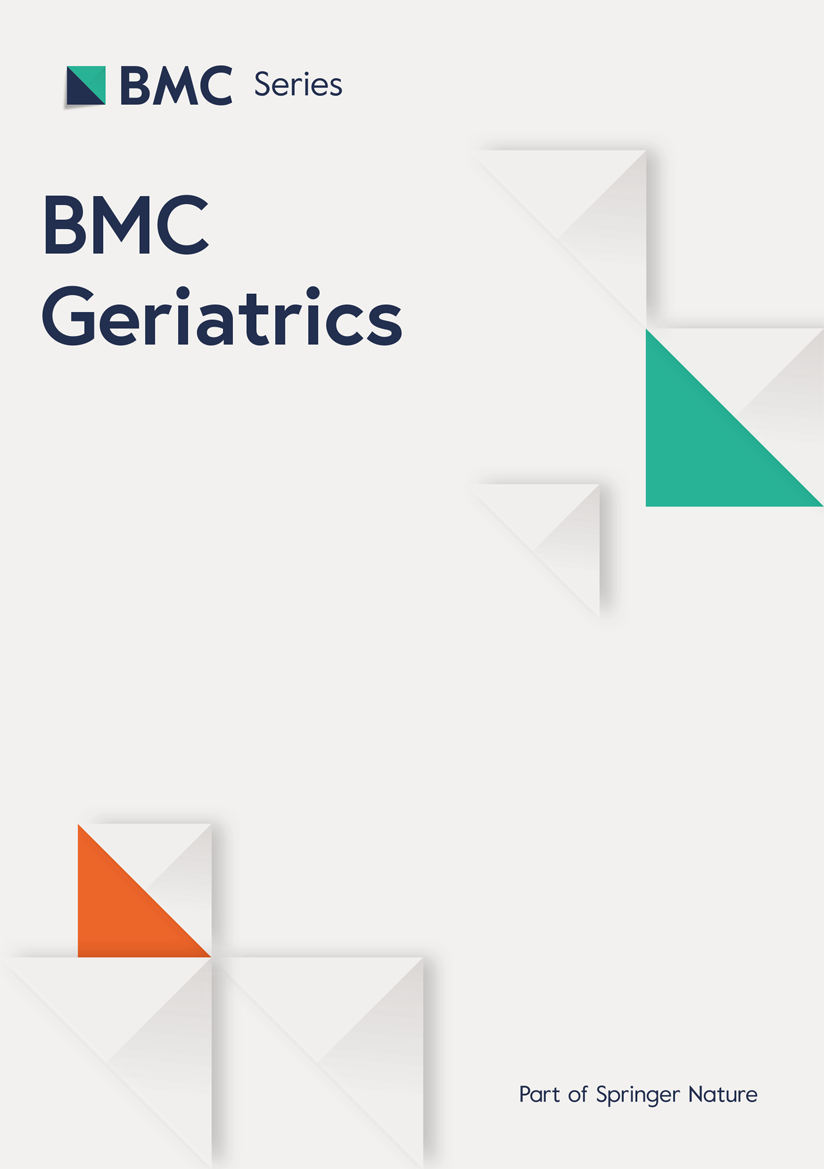The global population is aging, and according to the World Health Organization (WHO), one in six people worldwide will be aged 60 and over by 2030. Additionally, the number of people aged 80 and over is projected to triple between 2020 and 2050 [1]. According to the Turkish Statistical Institute (TurkStat) Population projections, it is estimated that Turkey’s older adult population rate will be 11.0% in 2025, 12.9% in 2030, 16.3% in 2040, 22.6% in 2060, and 25.6% in 2080 [2]. Due to this increase in the older adult population, research on older adult health has increased significantly in recent years [3].
Aging is an inevitable process with sociological, chronological, and biological implications [4]. Cognitive decline in older adults may lead to medication nonadherence or inappropriate dose adjustments, compromising treatment effectiveness [5]. The aging population and polypharmacy may increase the risk of adverse drug events such as drug-drug and drug-disease interactions, potentially leading to inappropriate drug prescribing and medication nonadherence [6]. In addition, older adult individuals may be subject to incorrect medication use due to reasons such as repeated prescriptions by more than one doctor, patients purchasing unauthorized non-prescription medications, and patients stopping taking unauthorized medications after symptoms improve [7]. Loss of body mass and decreased liver and kidney function narrow the safe drug range in older adults, increasing the risk of drug toxicity. Individuals may experience adverse reactions and drug interactions if they use more than one medication and overdose [8]. More than 50% of drugs used by people worldwide are prescribed inappropriately, and more than 50% of drugs consumed are not used correctly by people [9]. For this reason, the rational use of medicines in the elderly is very important.
Rational use of drugs is defined as “a set of rules that ensure that patients receive medicines appropriate to their clinical needs, for the appropriate duration and in doses that meet their personal needs, at the lowest cost to themselves and society” [9]. If drugs are not used following the principles of rational use of medicines, many negative consequences may occur during the treatment process. This may lead to results such as increased mortality and morbidity rates, prolonged treatment duration, treatment failure, side effects, development of drug resistance, recurrence of the disease, decreased patient confidence and compliance, and increased treatment costs [10, 11]. Patient safety has emerged as a fundamental concern and has become a priority in healthcare services [12].
This study reveals that demographic factors and trust in the healthcare system can play an effective role in promoting the rational use of medicines among older adults. According to WHO, the health care system is defined as “the totality of people, institutions, and resources brought together in line with the policies determined to improve the health of the population they serve in the process of responding to their legitimate expectations by protecting people against the costs of illness through various activities, with the primary purpose of improving health” [13]. Trust in the healthcare system includes healthcare providers, healthcare institutions, and healthcare payment institutions [14]. In medicine, trust is defined as “a set of beliefs and expectations that a physician will behave in a certain way” [15]. The trust in health care providers dimension expresses the individual’s sense of trust in the health professional (physician, nurse, etc.) who provides health services. The level of trust in healthcare payers refers to the level of trust individuals have in public or private insurance companies that cover their healthcare expenses. The trust in health care institution dimension describes the individual’s sense of trust in the health institutions, such as hospitals, clinics, and health centers, from which they receive health services [16]. Trust is one of the key factors in the delivery of healthcare services [17]. Especially in medical activities, trust forms the basis of the patient-doctor relationship [18]. Some research results have shown that trust in nurses reduces patients’ clinical symptoms, improves their quality of life, and increases self-management ability, compliance, and satisfaction rate in patients [19, 20].
For these reasons, it is believed that identifying the factors affecting rational drug use among older adults is important for the health of older adults and the national economy, and that the research results will contribute to researchers and policymakers. he current literature shows that the rational use of medicines is significantly influenced by individual and demographic factors such as gender, age, socioeconomic status, and education [21,22,23]. However, no study has been found in the literature addressing the effect of trust in the health care system on the rational use of medicines, which reveals a significant lack of information. This study aims to examine the effects of demographic characteristics and trust in the health care system on the rational use of medicines in older adult individuals. Based on the findings, it is aimed to develop innovative and applicable solutions that will support the rational use of medicines among older adults.
